Haydn’s Joke Quartet
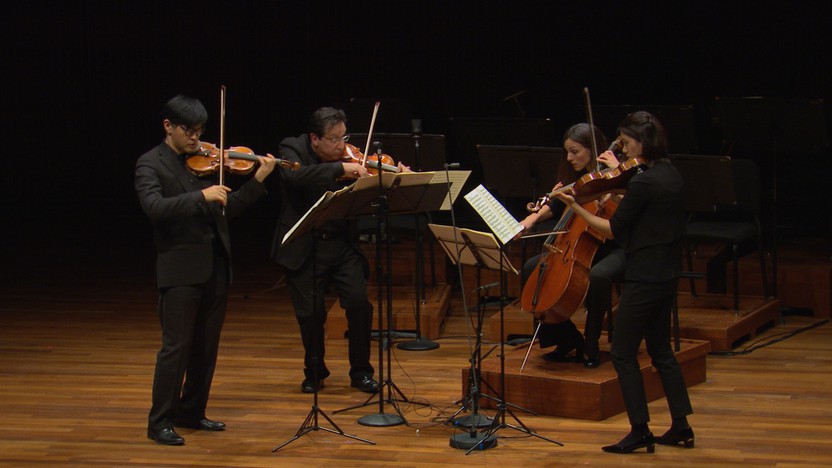

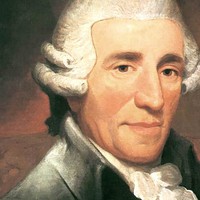
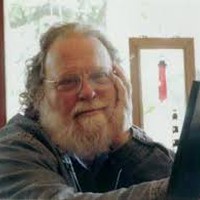
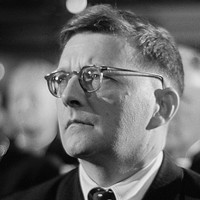
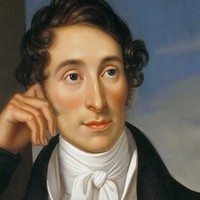
Carl Maria von Weber is best known for three operas he composed in the last decade of his life: Der Freischütz, Euryanthe and Oberon. He came from a theatrical family, and his lifelong dedication to German-language opera, both as a composer and as a conductor, helped break the stranglehold of Italian works in Europe’s leading opera houses.
Until the success of the opera Der Freischütz in 1821, instability reigned in Weber’s life. He lost a good job in Stuttgart in 1810 over a corruption scandal and some bad debts, and he traveled for three years before found his next permanent employment in Prague. During those travels Weber met the clarinetist Heinrich Baermann, and in the coming years he provided his friend with a series of chamber music scores and showpieces with orchestra that marked the next high point in the clarinet repertoire after a similarly productive friendship between Wolfgang Amadeus Mozart and Anton Stadler 30 years earlier.
Weber began the Clarinet Quintet in 1811, renewing the format of clarinet and string quartet that Mozart explored in one of his immortal scores for Stadler. The work stalled, but a summer vacation spent with Baermann spurred Weber to finish it in 1815. He had the advantage of composing for Baermann’s 12-key clarinet, a cutting-edge design that was much nimbler than the 5-key models of Mozart’s day. That agility is on display in leaping, swooping bursts of perpetual motion in the first movement, and in the exceptionally smooth chromatic runs of the peaceful Fantasia that serves as the slow movement. The breakneck tempo of the minuet turns a playful game of back-and-forth into a group feat as daring as a high-flying trapeze act, and the rondo finale uses a rhythmic pattern that bounces like a horse’s canter to maintain that propulsive energy to the end.
Aaron Grad ©2022
Get driving directions and find nearby parking.
Find dining options close to the venue.
View seating charts to find out where you'll be seating.
SPCO concerts are made possible by audience contributions.
For exclusive discounts, behind-the-scenes info, and more:
Sign up for our email club!
